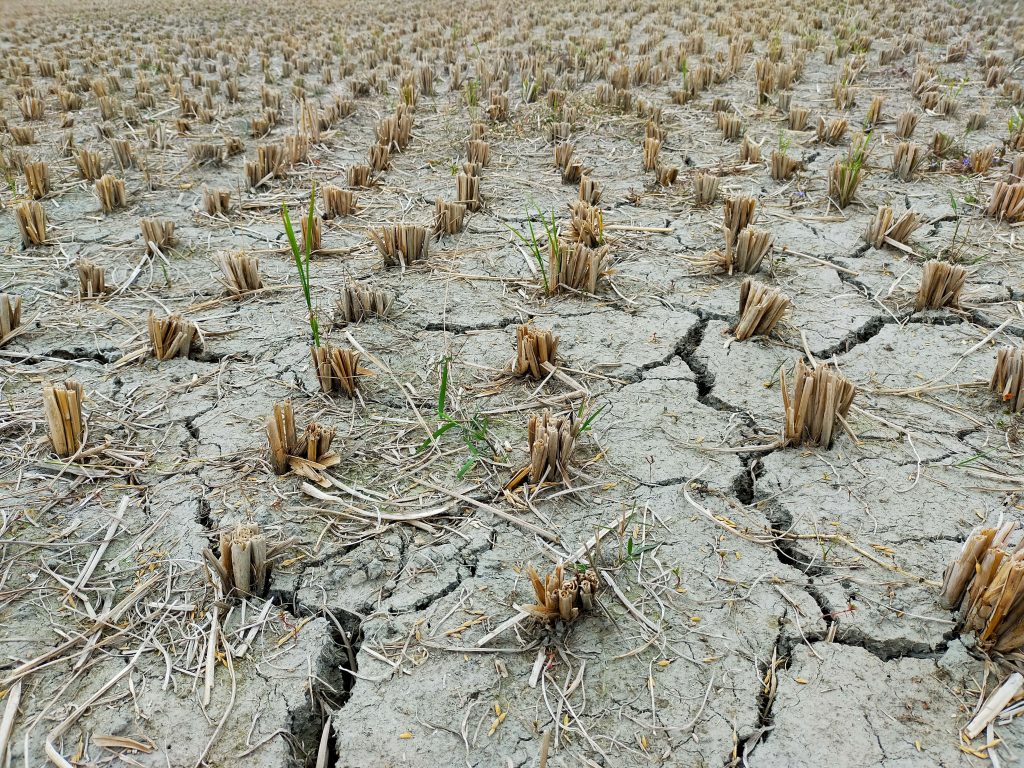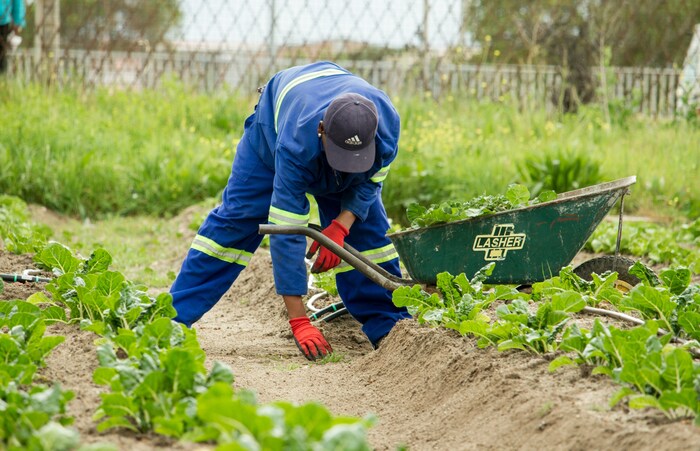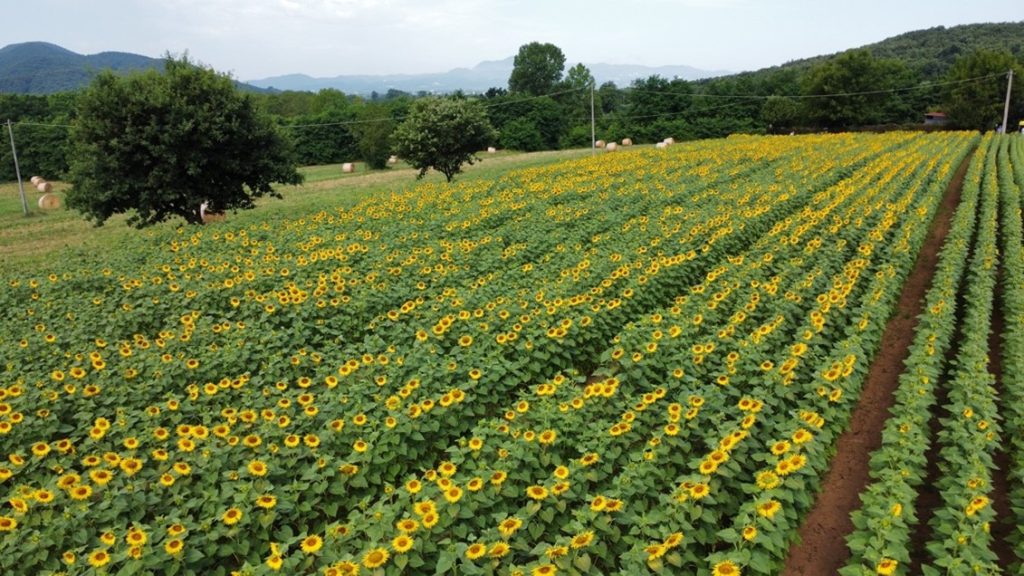PRESS RELEASE - 30 January 2023
Some plants present mechanisms by which crop productivity under drought conditions is enhanced. Can this be replicated?
Human diet is largely based on wheat. But, because of climate change and its repercussions, wheat productivity is increasingly suffering from high temperatures and/or drought.
There have been many studies researching which mechanisms plants adopt to cope with these situations. It has been discovered that rhizosphere and microbiome associated with it are mainly responsible for plant tolerance to drought.
While a lot of research has been conducted on legumes, experts within the European-funded project B-FERST from the University of Leon (Spain) have conducted a study on cereals. This study investigates the role of rhizobia as microbial biostimulant (MPB) which enhances drought stress tolerance in non-leguminous crops.
Such research is extremely important nowadays since the methodology adopted can be applied to other MPBs in order to determine whether or not these mechanisms against drought are the same.
This approach might partly help the agricultural production which is increasingly suffering from climate change repercussions.
Read the whole scientific paper published last November: Mechanisms involved in drought stress tolerance triggered by rhizobia strains in wheat.
Photo: Unsplash, Md. Hasanuzzaman Himel



